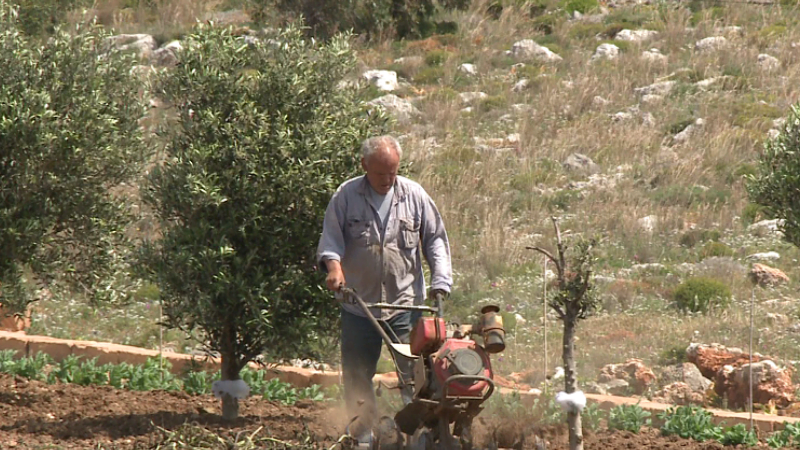This is a guest post by Antoine P. Borg.
It’s a little known fact that if any Member State doesn’t spend EU funds, it gets punished for bad budgetary practices by receiving less money next time around.
That’s how the process works. Malta is failing on this score, no matter what the government says.
The European Commission published an interactive tool showing how countries spend funds granted. You can filter the tool and split it by fund, by country, or even by theme. It’s an excellent way to measure progress.
The EU categorises funding in one of three ways:
- Planned funds are funds already allocated. This is the maximum Malta can receive.
- Decided funds are funds the government has apportioned to specific projects. EU insiders call this ‘committed money’ because the money is earmarked for specific projects.
- Spent funds are funds the government already paid to the ultimate beneficiaries.
The EU allocates money to us based on intense negotiations. We argued for this money, we proved why we needed it and we got that amount. We’re free to decide how to use it, but if we cannot spend all of it in the manner in which we planned, the EU will shake its head at us during the next budgetary discussions.
EU funding for Malta
We’re doing well with four out of five programmes. But we’ve only decided on 15% of the funds from the European Agricultural Fund for Rural Development programme – we are losing €110 million. And we have no idea to do with the rest when farmers are crying out for help.
Europe planned this fund for farmers to be able to help with:
- Organic farming
- Quality schemes
- Support for young farmers
- Climate change adaptation and risk prevention, including help to reduce emissions.
- Supporting biodiversity
- ICT services and connectivity in remote or rural areas
- Improved basic services and infrastructure
- Support for short supply chains
- Investment in renewable energy production, and in energy efficiency
- Investment in physical assets
- Diversification into non-agricultural products and services
- Training and skills acquisition
Impressive isn’t it? So what’s the situation in Malta?
The shocking state of agriculture in Malta
- 70% of agricultural land is unused.
- Intermediaries cheat and manipulate farmers so they don’t make much profit. These irregularities are not challenged or stopped.
- Full time farmers are giving up because agriculture in Malta is dying. There are only 1,372 farmers left. That’s less than 0.3% of the population.
- Indigenous Maltese crops, like the Maltese almond and the Maltese chick pea, are going extinct.
The situation is bad, and it is getting worse.
If we’re not careful we’re going to sleepwalk our way to being wholly dependent on imports for food. This brings a whole new set of risks.
If the government doesn’t shape up, we will lose this money and deprive farmers of EU funds the next time around because the government has sent the message that these funds can’t be used.
Do we want to be in this situation?
It’s shocking that those elected to represent the people ignore farmers in this way. Partisan politics should not get in the way of the national interest.
Antoine P. Borg is an independent MEP candidate. The Shift is providing the space for candidates who are not running under the umbrella of the two main political parties to inform citizens of their stand on various issues. This is to address the democratic deficit created by political party ownership of the media in Malta where independent candidates are at a disadvantage. The Shift does not necessarily endorse the views published.













